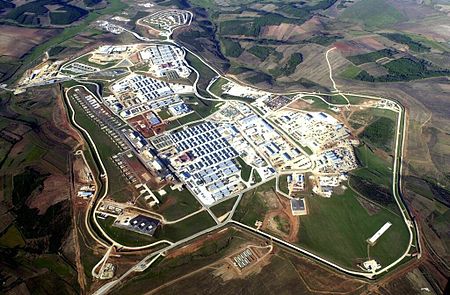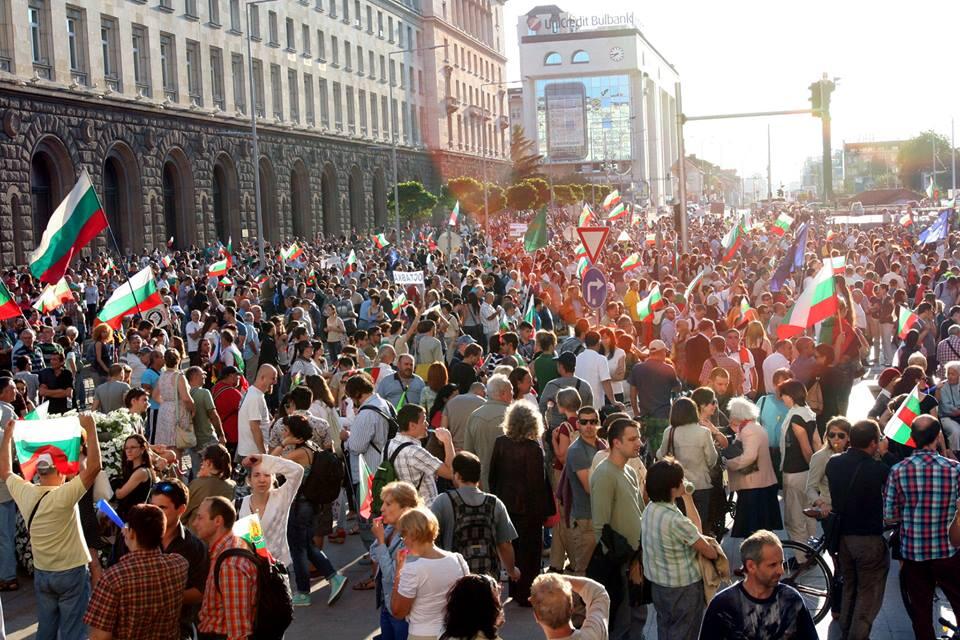MALAYSIA
The Long Tweetþ@tanjooilong9m
Malaysia's rulers face rifts and protests | @AJEnglish
http://aje.me/1c4GOo4
@choiom @engdrkrishna @geanalyst @gst183 @jeckzheng @kcl1308
posted for fair use
http://www.aljazeera.com/indepth/features/2013/06/2013621182139326174.html
Malaysia's rulers face rifts and protests
As Malaysia's MPs take their seats, the ruling coalition struggles with an identity crisis and a zealous opposition.
Kate Mayberry
Last Modified: 21 Jun 2013 18:53
The Barisan Nasional coalition won recent elections, but now faces factional in-fighting [AFP]
Kuala Lumpur, Malaysia - Three days after the Barisan Nasional coalition was returned to power for a record 13th time, more than a hundred thousand people turned out in protest at a rally led by the opposition Pakatan Rakyat in the suburbs of the capital.
While the mood was festive, the concern was serious: a flawed electoral system that protesters said undermined the result of the May 5 poll.
Since then, thousands of people across the country have turned out for what have become known as the "Black 505" rallies. The opposition, meanwhile, has lodged legal challenges to the results in 25 parliamentary constituencies.
On Saturday, two days before the new parliament sits for the first time, Pakatan will hold its last major protest - a mass rally near the historic heart of Kuala Lumpur - despite objections from the police and the Barisan-led local authority.
Inside Story: The race for Malaysia
"We are going to go ahead," Keadilan Vice President Tian Chua told Al Jazeera. "Our demand is not for Najib to resign or for a change in government. It's simply for the elections commission to go. It's our effort to ensure there's real improvement in the electoral system. It shouldn't be seen as an attempt to start a street revolution."
The opposition's Black 505 campaign is not the only headache for Prime Minister Najib Razak, the man who led Barisan to victory in the hard-fought campaign.
While the coalition won 133 of the parliament's 222 seats, the numbers fell short of internal projections and Najib's own conviction that he would restore the party's cherished two-thirds majority in parliament. His party's non-Malay political partners found themselves all but obliterated and the coalition lost the popular vote for the first time.
Now reliant largely on the votes of rural communities and the Borneo states, Barisan and its race-based constituent parties are struggling with an identity crisis.
For the United Malays National Organisation (UMNO), the coalition's dominant party and the party of every Malaysian Prime Minister since independence, the question is whether to fall behind Najib and his slickly packaged reform agenda or return to the more conservative, nationalist ideology of the past.
"It's hard to get a sense of where the country's going, until UMNO has had its election and we know how the factions align themselves," said Keith Leong, a political analyst with KRA Associates in Kuala Lumpur. "This is a year of two elections. It could well be that the UMNO poll turns out to be more important than the general election."
Already Najib is attempting to appeal not only to the nationalists and the progressives within his own party, but also the reform-minded and increasingly vocal urban Malaysians, who are largely behind the opposition. He is keen to avoid the fate of his predecessor, Abdullah Ahmad Badawi; forced out in an internal party coup amid disappointment over 2008's result.
Claiming victory in the election, Najib warned of a "Chinese tsunami" - Malaysia is majority Muslim Malay but also has sizeable populations of Chinese, Indians and indigenous people - that had turned against Barisan, but spoke also of the need for "national reconciliation".
Hours later, Najib was once again on the defensive after Utusan Malaysia, a Malay-language UMNO-controlled newspaper, splashed its front page with the headline: "What more do the Chinese want?" But while the condemnation from civil society and the opposition was swift, Najib said little.
Khairy Jamaluddin, Abdullah's 37-year-old son-in-law and the leader of UMNO's Youth wing wasn’t so reticent. "The ideological lines have been drawn," he tweeted to his more than 300,000 followers, fortified by a resounding win in his own constituency. "Game on."
"The future of this party must be won by those who are committed to a moderate, centrist path," he told Al Jazeera in an interview last month, shortly before being named Minister for Youth and Sports. " Utusan 's headline represents precisely the sort of faction I stand against. If this party is moulded in the image of that headline then I don't think we have a future in the next general election."
Under election rules that will be used for the first time this year, some 146,500 of UMNO's estimated 3.5 million members will vote for the Supreme Council, vice presidents, the heads of the youth and women's wings and, in theory, the party's deputy president and president. Previously, voting was limited to the 2,000 delegates at the party conference, a system that helped create a class of party warlords with the money and influence to keep their favoured leaders in power and to dominate the party's political agenda.
But Ahmad Mustapha Hassan, who worked with former Prime Ministers Abdul Razak Hussein, Najib's father, and Mahathir Mohamad, doubts the new system will have much effect.
"UMNO cannot be changed," he said. "Mahathir created warlords and the warlords will not give up their power. If you try to take away their funds they will go against you and I don't think Najib will want to do that. He wants to keep his position. UMNO is still in the grip of Mahathir."
Shortly after the election, Mahathir questioned Najib's leadership. Last week, he insisted that a vote on the top leadership was necessary, even though one hasn't been held since the late 1980s.
Meanwhile, Utusan has produced more editorials questioning the commitment of the country's ethnic Chinese to Malaysia. And while Najib has insisted that the elections were free and fair, he has said also that parliament would now have oversight of the elections commission, currently under the prime minister's office, and that his coalition had also filed petitions against some of the results.
Opposition figures, including Tian Chua, as well as student activists, have been detained - while a group of 15 people who staged a flash mob last week to publicise Saturday's rally were taken away by the police for questioning.
Saifuddin Abdullah, a leading moderate and a member of UMNO's Supreme Council, is in no doubt that, without Najib, Barisan would have done even worse. He insisted UMNO needed to accept that Malaysia has changed and the party must change with it.
"Fear no longer works," he told Al Jazeera. "No issues are deemed 'too sensitive' any more. The main reason we survived the election was [Najib's] four years of transformation. Without it we could have lost more."
As the opposition presses home its concerns about the general election, it is confident Saturday's rally will be peaceful. Once again, they're expecting at least 100,000 people to attend. Najib's response will give an indication of whether Malaysia is headed towards a more open and democratic future - or flirting once again with its autocratic past.
Follow Kate Mayberry on Twitter: @kate_mayberry
Source:
Al Jazeera

.gif)





